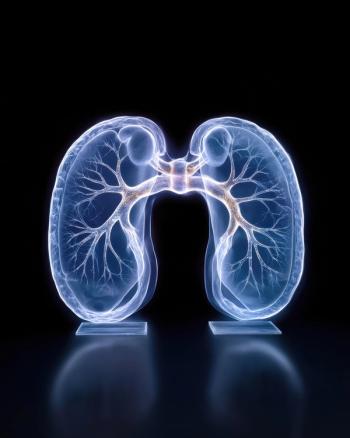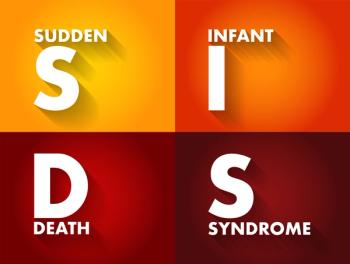
Neonatal/Perinatology
Latest News
Latest Videos

CME Content
More News

Mothers with multiple adverse childhood experiences faced double the risk of preterm birth, highlighting intergenerational health effects.

New evidence-based guideline provides 22 recommendations to standardize nutritional care for neonates after enterostomy.

Researchers have created the first standardized tool to identify developmental delays in infants aged as young as 16 days.

A minimum expiratory tidal volume of 4 mL/kg is associated with successful lung aeration during delivery room resuscitation of preterm neonates.

A new study aimed to determine mental health resilience in preterm-born children and identify modifiable factors associated with resilience.

Early antibiotic exposure disrupts infant immune development by altering gut microbiota, highlighting inosine's potential as a therapeutic target for immune restoration.

A study reveals declining US neonatal mortality overall, yet highlights rising deaths from fetal malnutrition, emphasizing ongoing disparities in neonatal health outcomes.

Unlike conventional carrier screening that estimates generic reproductive risk, the UNITY panel offers a direct fetal risk estimate.

The nearly 4000 cases in 2023 were the highest number reported in over 30 years, the Task Force stated.

This FDA decision will help to improve clarity and diagnostic accuracy of echocardiograms in pediatric patients, according to GE HealthCare.

Maternal avocado consumption during pregnancy was linked to significantly lower odds of infant food allergy at 12 months.

A UK study links maternal anemia in early pregnancy with increased congenital heart disease risk in offspring.

A recent study found reduced preterm birth, complications, and NICU use in large Tennessee Medicaid cohort.

A new study found that cell-free DNA from routine prenatal testing can accurately identify preterm birth risk without added cost or procedures.

In the immediate skin-to-skin contact group, improved breastfeeding practices up to 12 months were observed.

In a recent study, the rate of infant deaths was increased by 5.6% in US states implementing abortion bans.

AI-assisted software improves clinicians' detection of congenital heart defects in prenatal ultrasounds, enhancing accuracy, confidence, and speed, according to a study presented at SMFM's Annual Pregnancy Meeting.

Swedish study highlights challenges in managing pain for preterm infants, revealing disparities in pain treatment and assessment across neonatal care.

UVA researchers identify key blood biomarkers linked to SIDS, paving the way for life-saving tests to detect and prevent this leading cause of death among infants.

A recent study highlights potential reductions in macronutrient levels in breast milk because of maternal medications, though breastfeeding remains strongly recommended.

Pregnant women infected with avian influenza face a 90% maternal and 86% infant mortality rate, underscoring the urgent need for pandemic preparedness and protection strategies.

A large population-based study found that first-trimester tetracycline exposure does not elevate the risk of major congenital malformations, though specific risks for nervous system and eye anomalies warrant further research.

A study of over 1 million births in Quebec reveals that pregnant women with hidradenitis suppurativa face increased risks of pregnancy complications and long-term health issues for both themselves and their offspring.

In a recent global review, significant annual increases in the mean term birthweight were reported, indicating worldwide public health impacts.

Findings from a newly-published study revealed that newborn metabolic profiles may identify infants at an increased risk for SIDS shortly after birth.













